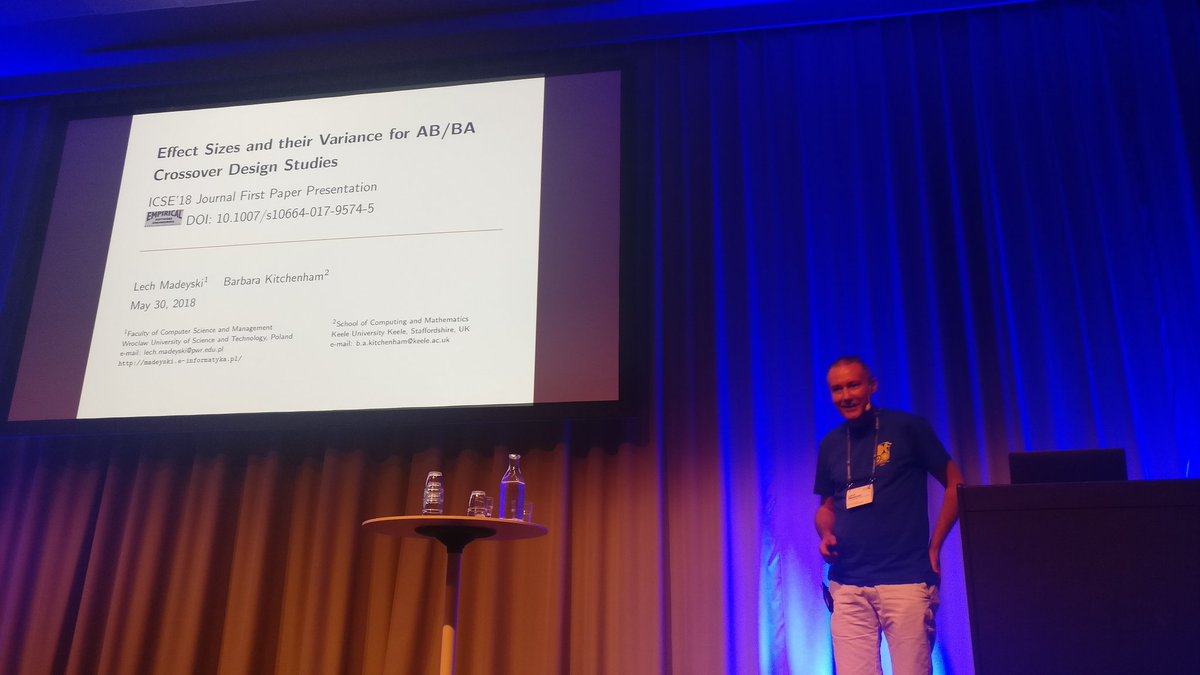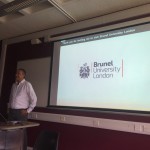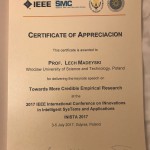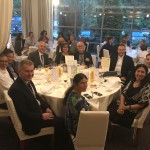I had a great pleasure to be invited to present results my joint research with Prof. Barbara Kitchenham on “Effect Sizes and their Variance for AB/BA Crossover Design Studies” at the highest ranked (CORE-2017 A*) International Conference on Software Engineering – see photo by Prof. Andrzej Wąsowski on Twitter.
It was exciting to meet, talk with, or listen to the keynotes of the SE legends and authorities like Barry Boehm (who told me that he was in Poland once invited by his friend “Wlad Turski”), Fred Brooks, Brian Randell, Margaret Hamilton, Andreas Zeller, Andrew J. Ko, Walter Tichy, Richard DeMillo (one of the originators of mutation testing I cite usually at the beginning of my mutation testing papers!), Natalia Juristo, Oscar Dieste…
Btw. I’ve to admit that I did not know that Prof. Władysław Marek Turski gave a keynote on “Software Engineering As it Will Be” (entitled “Look Ahead at Software Engineering”) at the 4’th ICSE in 1979. Other keynote speakers were Brian Randell (“Software Engineering As it Was”), Barry Boehm (“Software Engineering As it Is”), and Edsger Dijkstra (“Software Engineering As it Should Be”).













